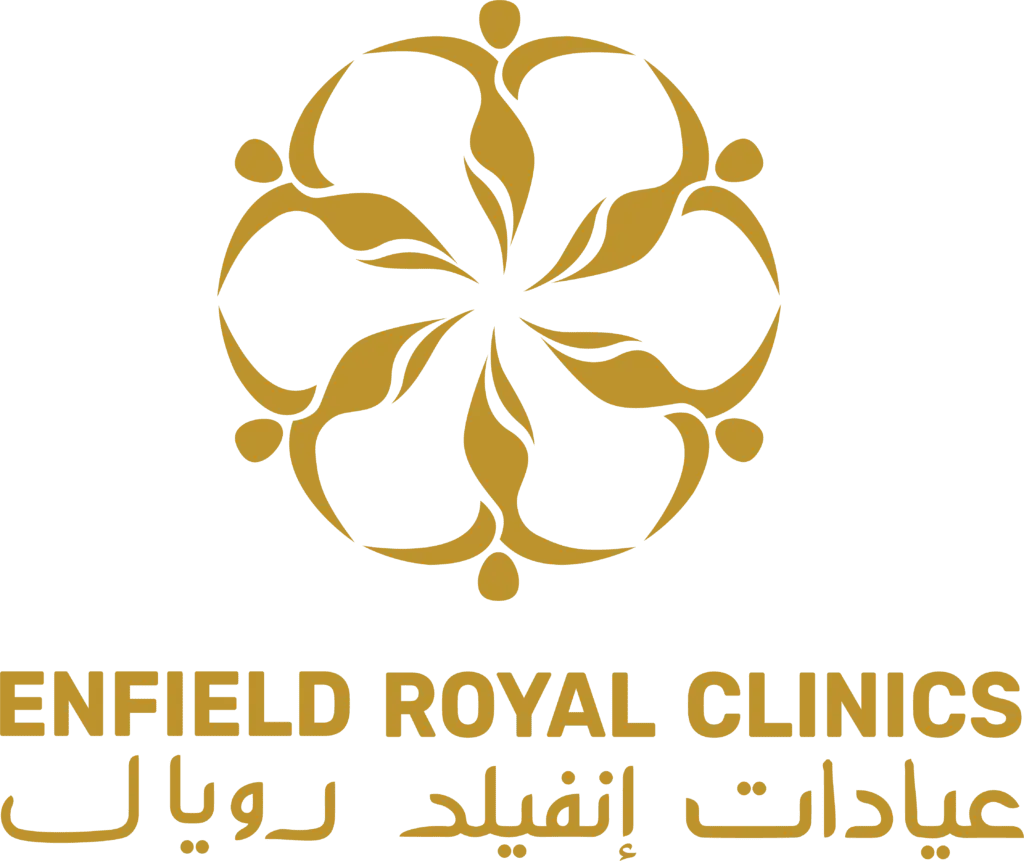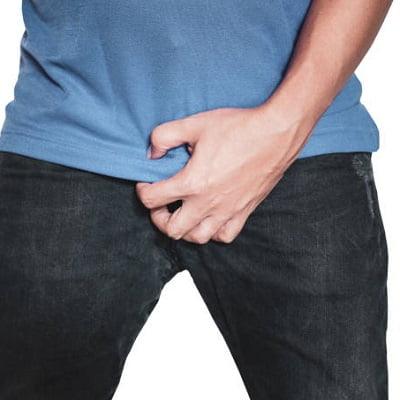Male sex hormones contribute to testicular and penile development. Moreover, it is the same way estrogen and progesterone influence female sexual traits, such as breasts, hips, and fat storage. Therefore, let’s explore how hormones affect penile enlargement size. Moreover, the pituitary gland secretes more follicle-stimulating hormone (FSH) and luteinizing hormone throughout puberty. Therefore, deviations in penile morphology may result from variations in testosterone levels during gestation. However, the mother may not generate enough hCG or human chorionic gonadotrophin hormone. Therefore, the fetus develops testosterone as a result of the hCG hormone. Further, rare diseases may impact testosterone levels and may have an impact on genital appearance. Additionally, the penis of a male fetus may not develop normally when any of these hormonal problems occur.
How Hormones Affect Penile Enlargement Size?
The hypothesis that hormones have a major impact on the size of an adult penile enlargement is not well supported by scientific data. Genetics and hormone levels throughout puberty have a major role in determining penile size. Hormonal changes, particularly elevated testosterone levels, aid in the development of male secondary sexual organs, such as the penis, throughout adolescence.
The following are important details on penile size and hormones:
- Puberty: During this time, the body undergoes a hormone spike, especially testosterone, which is crucial for penile development. In particular, the penis and other male reproductive organs develop primarily as a result of this hormone.
- Adult Hormonal Levels: As an adult, variations in hormone levels are unlikely to significantly affect penile growth. The growth plates in the bones, including the penis, fuse once puberty is over, limiting the amount of natural development that may occur after that.
- Testosterone: The main hormone associated with the male sex, testosterone is related to the development of reproductive tissues and secondary sexual traits. Raising testosterone levels in adults is unlikely to result in a noticeable expansion of the penile region, but it does contribute to penile development during puberty.
- Hormone Treatment: For medical reasons or as part of a gender transition, some people may investigate hormone treatment. It is crucial to remember that hormone treatment is not intended for enlarging the penile and that any effects on size are probably going to be minor.
- Surgical Interventions: Those looking to change the size of their penile implants or augmentation surgery have access to surgical treatments like these. These operations do, however, carry some risk and have possible problems. They are also unrelated to hormones.
The Significance of Sufficient Diet
For the best possible development and growth of the penis throughout puberty, a healthy, balanced diet is essential. However, hormonal equilibrium and the growth of bones and muscles depend on nutrients, including vitamins, minerals, and protein. Therefore, throughout puberty, a good diet rich in fruits, vegetables, whole grains, lean protein, and healthy fats may aid in the development of a healthy penis.
Variables That May Impact the Penile Development
During puberty, several environmental variables might affect penile development. Stress, sleep deprivation, and other diseases may alter hormone levels, which in turn can alter the growth of the penis. However, consistent exercise may raise hormone levels and promote development.
It is important to remember that each individual experiences puberty at a different rate and time for the development of the penis. However, seeking advice from a medical expert may assist in ascertaining if one’s development is within typical bounds.
Enfield Royal Clinic is the best place to consult with an expert surgeon in Islamabad. They will evaluate your needs and give you a customized treatment plan.
Conclusion
In conclusion, hormones, specifically HGH and testosterone, are essential for the growth of the penile throughout puberty. On the other hand, there is far less chance of spontaneous growth beyond puberty. There is insufficient scientific evidence to support adult penile augmentation with hormonal therapies alone.
Professional advice stresses the need to set reasonable expectations and warns against believing unproven promises. People should take a holistic approach to their health, which includes maintaining a balanced diet, getting regular exercise, and being honest with their medical professionals. Getting individualized guidance from trained experts is still essential for any health-related issues, including sexual pleasure issues.










Leave a Reply